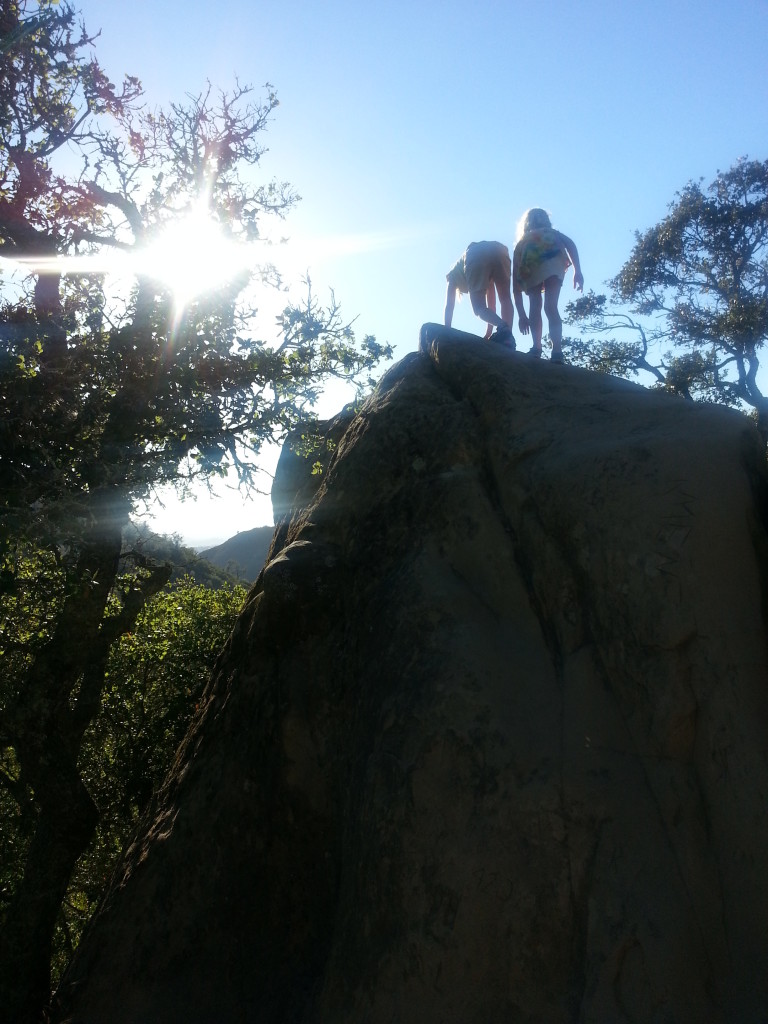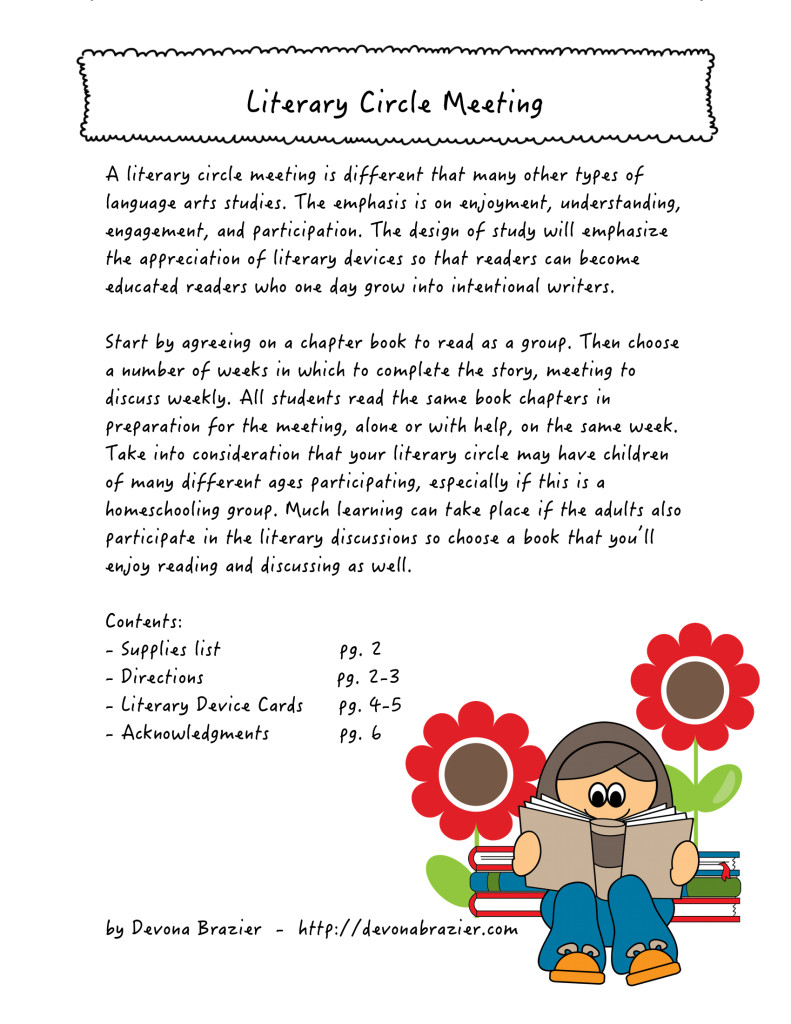Our family generally rewards risk taking. We climb high things and say “yes” to opportunities. We watch YouTube videos of extreme skiing and sky diving. We homeschool and camp and drive cross country.
This week at our homeschool park day one of our daughters, E, was climbing a tree with a friend. She was about 3 stories high in a sappy pine tree and going higher. This is the child that fell 8 feet out of a tree onto her head last fall. This is the child that more than anyone else in the family needs to “save face” when disciplined in public.
I told her I was uncomfortable with how high she was in the tree and said she needed to come down. Her friend began to climb down, grumbling about how her dad would have let her climb the tree. EÂ stayed in the tree. She wasn’t budging. I was trying as hard as possible not to lose my temper as she blatantly told me she wasn’t coming down out of the tree. I didn’t want to yell at her or threaten to take away her privileges, but she was not coming out of the tree and I was running out of patience. There was quite a bit of back and forth about getting out of the tree as my blood pressure started rising.
Finally, my daughter forced herself to say, “I can’t come down. There is something keeping me up here but I don’t want to tell you unless I can tell you in private.” I wasn’t going to climb a sappy pine tree, so we were still at a stalemate.
“Come down out of the tree so you can tell me in private.” I called.
“I can’t come down. I can’t tell you why.”
Finally, I asked her friend if we could have some privacy and she trotted away.  E immediately began to climb down out of the tree. She was really angry with me and was crying. “I couldn’t climb down because I didn’t want anyone to see me crying,” she said as I hugged her. “You have to let me take risks mom. I was being very safe up there and it felt really good to try to get that high.” I understood what she was saying, but I was just not comfortable with her climbing so high in a public park.
“I know, but if you had made a mistake and fallen it would have been really bad, and I didn’t want to let you take that risk.” I said. I stood my ground like a good parent should. I had said, “climb down” and I didn’t relent until she had climbed down.
But I could see she was disappointed in me and confused about the whole situation. I’ve let her climb boulders that high on Mount Diablo and given her permission to ride a really high zipline. I always tell her to be brave enough to make big loud mistakes so she can learn. And now I’m making her climb down out of a measly tree?
I remembered when I was a kid we’d climb this enormous pine tree in the back yard. There were 4 or 5 kids all at the very top. We’d all hold onto different branches and take turns leaning back so the tree would bend at the top, and we would try to make the tree top spin around. We were at least 50 or 60 feet high. We were 7 or 8 years old. Our parents yelled. They grounded us from playing outside. We would try to pretend we hadn’t been in the tree but the sap smeared on our hands gave us up. We felt free. We were alive. When we were forced to climb down we were being crushed by tyranny and oppression, held back by uncomprehending parents. I had become that tyranny.
E wouldn’t look at me. She was really mad. She wanted to take risks. We value risks. Why wouldn’t I let her take this risk? Couldn’t she prove what she could do? I discovered something very true about myself in that moment and I decided to take the risk of being vulnerable with my kid.
“Hey!” I called to her as she walked away from me with a big pout on her face. “Come here. I wanted to tell you something else. I just wanted you to know that if we were in our own yard, and this was our tree I would have let you climb it. I really think you could do it. But the real reason I was uncomfortable and made you climb down is because I’m worried that the other moms at the park will think I’m a bad mom for letting you climb the tree. I probably shouldn’t care what they think, but I do. I’m sorry.”
“That’s OK, Mom. I understand.” She hugged me. She ran off and played. I don’t know if that was the “right” thing to do in this situation. But it seemed to me that taking the risk of honesty was probably a better choice than playing the tough guy when my kid was hurting.
What do you think? Have you ever been totally vulnerable with your kids like that? What happened when you did?

